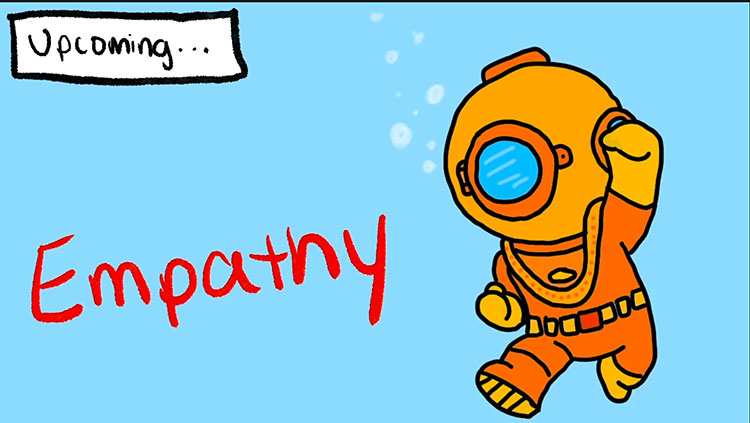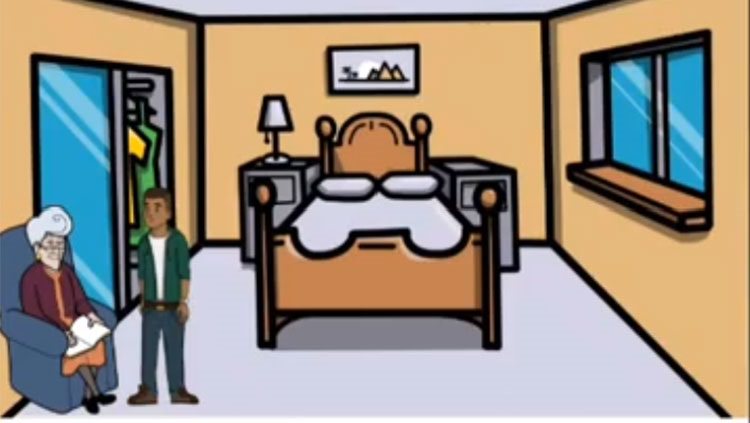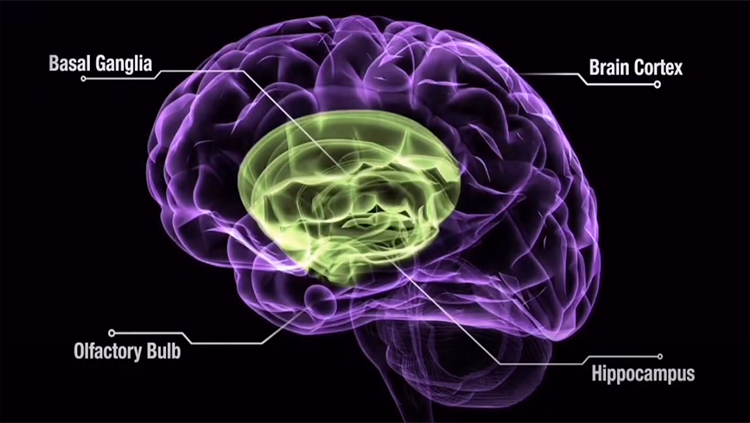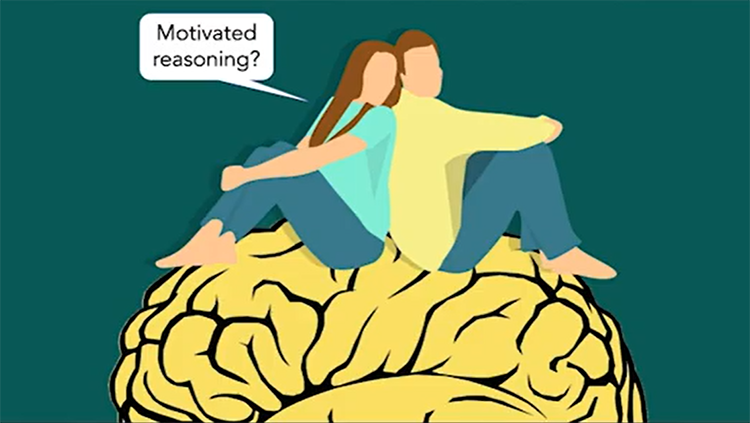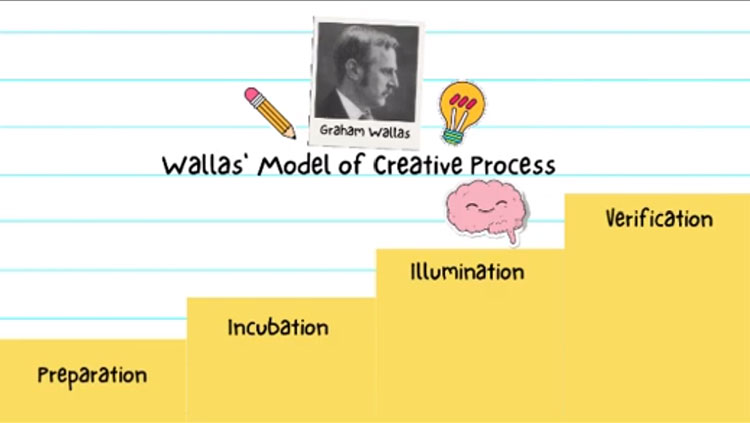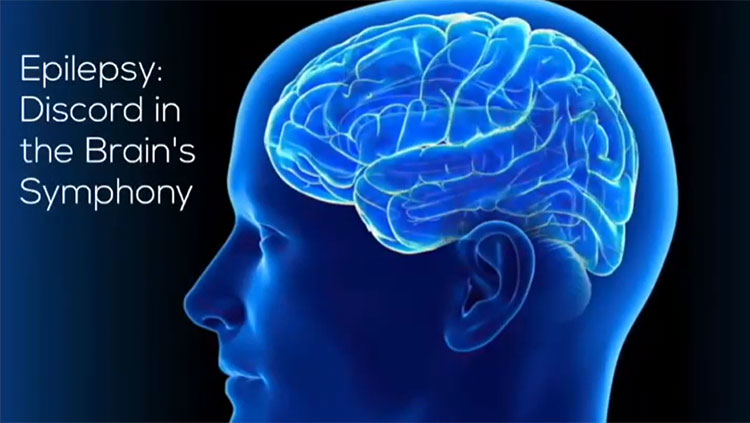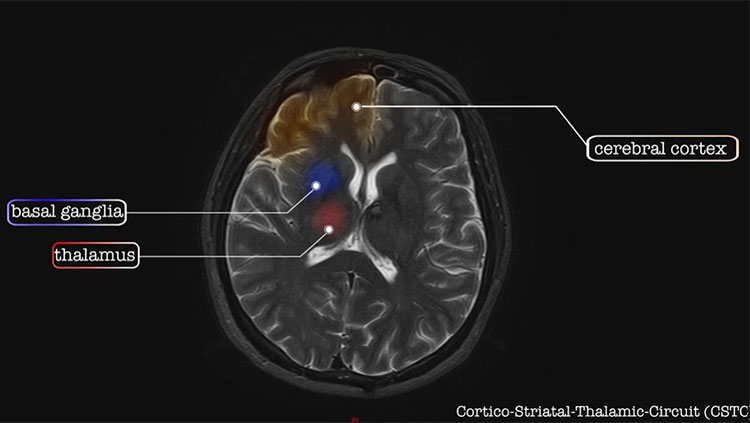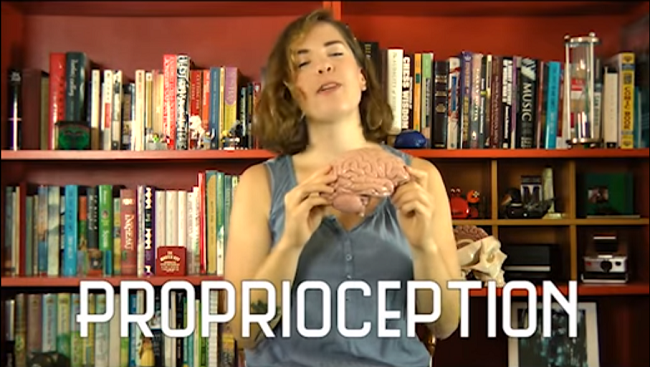Filter
-
(1)
-
(1)
-
-
(1)
-
(8)
-
(15)
-
(3)
-
(1)
-
(2)
-
(1)
-
(3)
-
(1)
-
(1)
-
(2)
-
(2)
-
(1)
-
(1)
-
(2)
-
(1)
-
(1)
-
(1)
-
-
(1)
-
(1)
-
-
(1)
-
(8)
-
(3)
-
(4)
-
(3)
-
(1)
-
-
(93)
-
(39)
-
(18)
-
(33)
-
(4)
-
(15)
-
-
(2)
-
(2)
-
-
(1)
-
(1)
-
-
(10)
-
(1)
-
(8)
-
(3)
-
-
(3)
-
(1)
-
(1)
-
(1)
-
-
(1)
-
(4)
-
(11)
-
(2)
-
(1)
-
(7)
-
(1)
-
-
(49)
-
(7)
-
(2)
-
(2)
-
(5)
-
(2)
-
(7)
-
(7)
-
(11)
-
(9)
-
-
(6)
-
(14)
-
(1)
-
(9)
-
(1)
-
(3)
-
(2)
-
-
(1)
-
(1)
-
(7)
-
(6)
-
(2)
-
(1)
-
(1)
-
-
(1)
-
(1)
-
-
(1)
-
(25)
-
(3)
-
(1)
-
(17)
-
-
(3)
-
(2)
-
(1)
-
-
(6)
-
(1)
-
(5)
-
(4)
-
-
(6)
-
(1)
-
(2)
-
(2)
-
(2)
-
-
(5)
-
(5)
-
-
(1)
-
(2)
-
(2)
-
(1)
-
(1)
-
-
(3)
-
(1)
-
(1)
-
(1)
-
-
(5)
-
(1)
-
(4)
-
-
(32)
-
(7)
-
(2)
-
(7)
-
(10)
-
-
(1)
-
(1)
-
(1)
-
-
(5)
-
(8)
-
(6)
-
(3)
-
-
(1)
-
(1)
-
-
(2)
-
(2)
-
-
(3)
-
(1)
-
(3)
-
-
(7)
-
(4)
-
(3)
-
(2)
-
(5)
-
(1)
-
-
(2)
-
(1)
-
(1)
-
-
(27)
-
(9)
-
(7)
-
(3)
-
(1)
-
(12)
-
-
(156)
-
(1)
-
(10)
-
(4)
-
(25)
-
(28)
-
(12)
-
(10)
-
(25)
-
(2)
-
(20)
-
(6)
-
(15)
-
(9)
-
(8)
-
(65)
-
(9)
-
(28)
-
-
(13)
-
(1)
-
(3)
-
(1)
-
(4)
-
(1)
-
(4)
-
(1)
-
-
(6)
-
(6)
-
-
(5)
-
(2)
-
(207)
-
(171)
-
(12)
-
(7)
-
(4)
-
(1)
-
(18)
-
(9)
-
(23)
-
(5)
-
(174)
71 - 80 of 223 results
-
Our capacity for empathy has evolutionary roots. The theory of embodied simulation proposes empathic mirrored responses are triggered by witnessing another’s behavior or emotions.
-
Alzheimer’s disease causes brain cells to die, disrupting brain function at cellular and wholescale levels.
-
Playing a musical instrument is the brain equivalent of a full-body workout.
-
Our existing beliefs can distort the way we process information.
-
Rhythms drive music-playing and dancing as well as speaking and walking.
-
Three networks may play a pronounced processing role for our creative thoughts: the executive attention network, default mode network, and salience network.
-
Seizures common in epilepsy disrupt the neural symphony orchestra performing in your brain. New advances in AI can help reveal novel treatments for the disorder.
-
Various types of tics affect millions of people. A buildup of neurotransmitters in parts of the brain responsible for movement may be behind this neurological condition.
-
Proprioception is your sense of your body’s position in space, and without it you wouldn’t be able to walk or scratch your nose with your eyes closed.
-
Cognitive neuroscience may shed light on how meditation could help with mental health.


